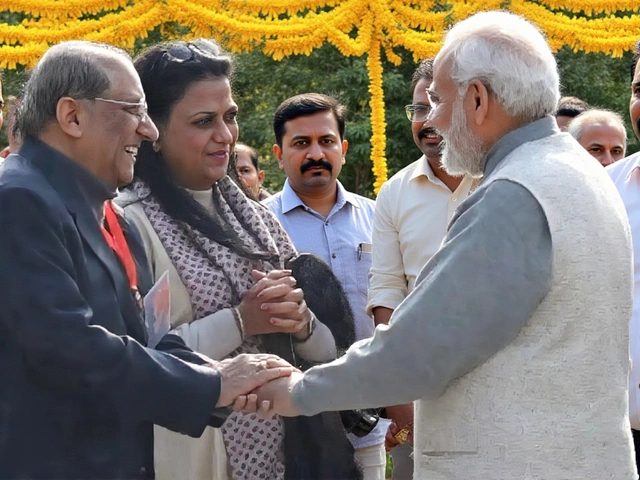Cannes Film Festival: Why It Still Rules the Movie World
If you love movies, you’ve probably heard the name Cannes thrown around a lot. It’s not just a pretty French town; it’s the epicenter of film buzz every May. Directors, actors, and producers flock there to showcase their latest work, chase the coveted Palme d’Or, and rub shoulders with industry heavyweights.
First held in 1946, Cannes started as a small gathering to revive European cinema after World War II. Fast forward to today and the festival draws thousands of red‑carpet moments, high‑stakes deals, and surprise screenings that set next‑year’s Oscar chatter. What makes Cannes unique is its blend of glitz and grit – you’ll find indie masterpieces sharing the stage with big‑budget blockbusters.
How Cannes Impacts the Movies You Watch
Every film that wins a major award at Cannes gets instant credibility. Studios use that buzz to secure wider releases, while streaming platforms snap up rights to bring the buzz to your couch. Even movies that don’t win can benefit; a strong festival reception often translates into better press coverage and higher box‑office expectations.
Think about the buzz around movies like "Parasite" or "Blue Is the Warmest Colour." Both started at Cannes, earned massive attention, and went on to dominate awards seasons worldwide. The festival acts like a launchpad, turning unknown directors into household names overnight.
What to Expect If You Attend
Walking the Croisette feels like stepping onto a movie set. You’ll see designer gowns, slick cars, and paparazzi flashing nonstop. But beyond the flash, there are real opportunities – panels with filmmakers, Q&A sessions after screenings, and networking events where a simple hello can lead to a co‑production deal.
Don’t forget the quirky side of Cannes. There’s the famous “Palme d’Or ceremony” where the golden palm is presented, the legendary “Cannes Classics” section that revives restored classics, and the “Directors’ Fortnight” that highlights daring, experimental work. Each corner of the festival offers something different, whether you’re a hardcore cinephile or just there for the party.
If you’re planning a visit, book your tickets early – the festival’s official screenings sell out fast. Many events are invite‑only, but the public can attend outdoor screenings, market talks, and some of the smaller film sections. Dress sharp, bring a good pair of walking shoes, and be ready for spontaneous celebrity sightings.
In short, Cannes isn’t just a glamorous party; it’s a pulse‑check for the entire film industry. From setting trends to launching careers, the festival’s influence reaches every corner of cinema. Whether you’re watching a Hollywood blockbuster or an indie gem, chances are Cannes helped shape its journey.
So next time you hear about a movie winning at Cannes, remember it’s more than a trophy – it’s a stamp of quality that often predicts the next big thing in movies. Keep an eye on the festival’s lineup, and you’ll be ahead of the curve on the films that matter.

